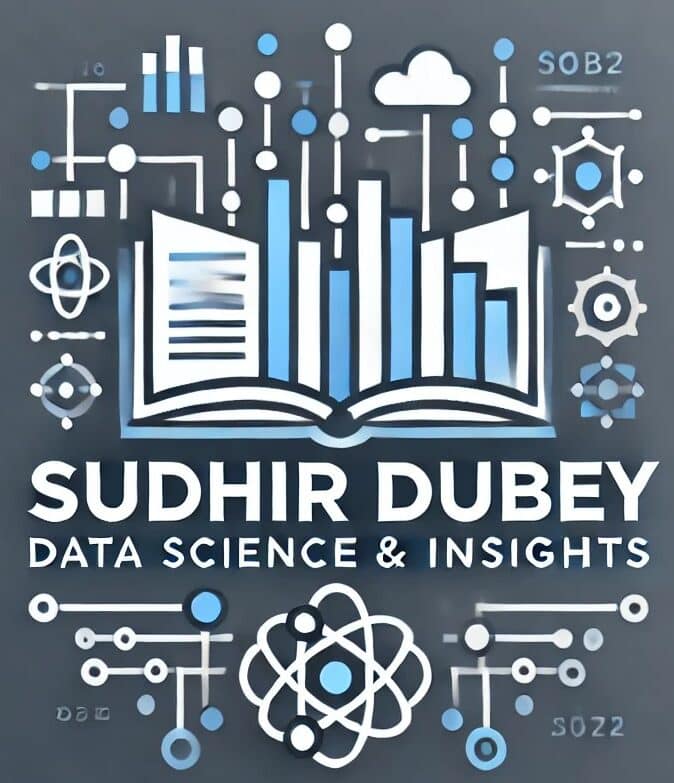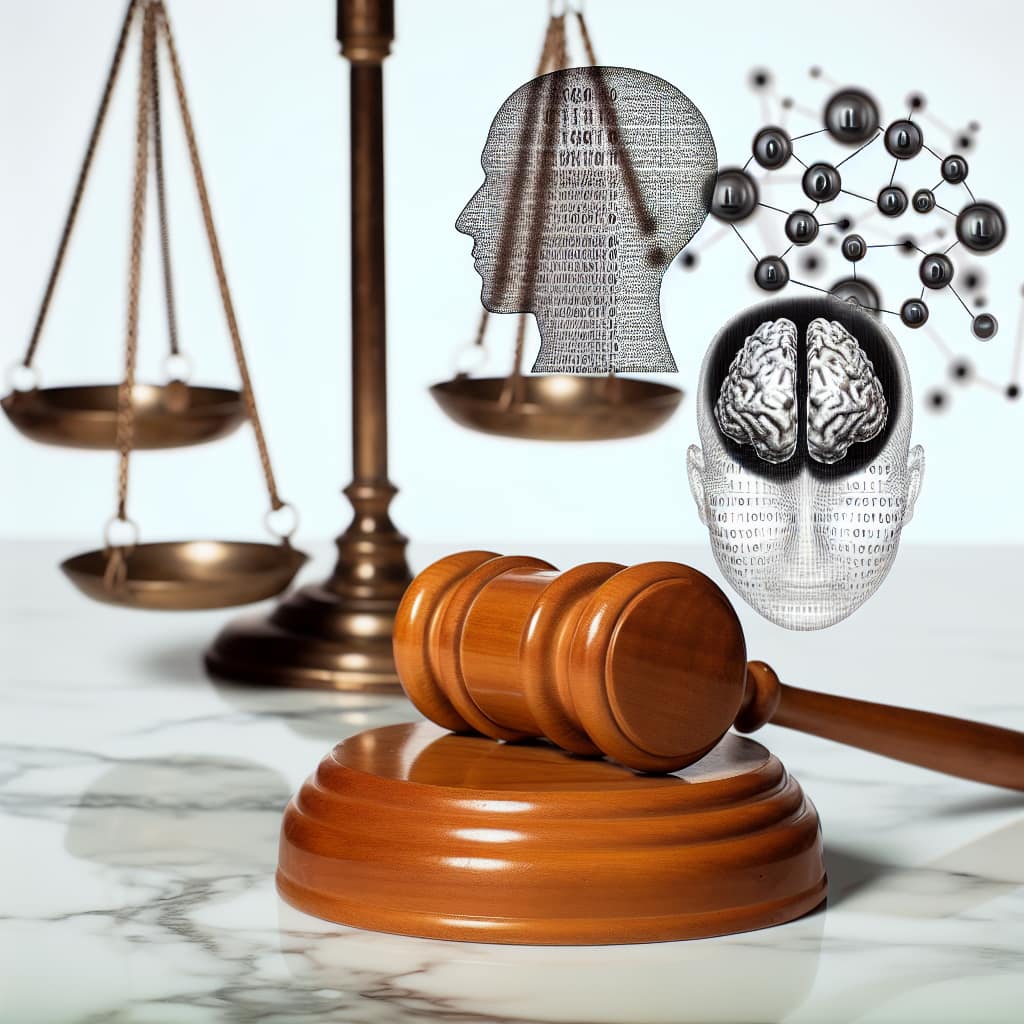AI Ethics and Regulation: Essential Insights for 2025
The increasing integration of Artificial Intelligence (AI) into our daily lives elevates the importance of AI ethics and regulation. As we move towards 2025, professionals and enthusiasts in AI and Data Science are keenly aware of the ethical dilemmas and regulatory challenges posed by AI technologies. Ensuring responsible AI development is no longer just an option—it is a necessity. This article delves into the intricacies of AI ethics and regulation, exploring advanced frameworks, real-world applications, and emerging trends shaping the future.
Table of Contents
Importance of AI Ethics
AI ethics plays a crucial role in guiding technology towards humane and socially beneficial outcomes. As AI systems become more autonomous, ethical considerations such as fairness, accountability, and transparency become essential. For instance, biased algorithms can lead to unequal treatments across different demographic groups, highlighting the need for fairness in AI design. Professionals involved in AI must champion these ethical considerations to ensure their innovations contribute positively to society.
Current Landscape of AI Regulation
Globally, AI regulation is evolving rapidly. In 2025, AI practitioners must navigate a complex web of legal frameworks. The European Union’s General Data Protection Regulation (GDPR) sets a precedent with its stringent data privacy requirements. Meanwhile, the U.S. is exploring sector-specific regulations, considering the varied applications of AI. Understanding these regulations is crucial for AI developers and businesses aiming to deploy AI responsibly.
Frameworks and Principles
Ethical Frameworks
Several organizations and think tanks have proposed ethical AI frameworks. These serve as guidelines for organizations aiming to align their AI projects with ethical standards. The Asilomar AI Principles and the OECD Principles on AI emphasize transparency, accountability, and the prevention of harm.
Regulatory Principles
Regulatory bodies, such as the European Commission, advocate principles that focus on safety, fairness, and accountability. Detailed protocols help in assessing and mitigating potential risks associated with AI., emphasizing human oversight and auditability.
Real-World Case Studies
The consequences of neglecting AI ethics can be severe, as illustrated by real-world case studies. The controversy around certain AI-based facial recognition technologies underscores the risk of bias and privacy infringement. Additionally, AI in autonomous vehicles demonstrates the tension between innovation and safety, demanding robust ethical guidelines to navigate moral dilemmas.
Future Trends in AI Ethics and Regulation
Looking ahead, AI ethics and regulation will likely see increased globalization and harmonization of standards by 2025. Collaborative international efforts aim to prevent ethical dilemmas through standardization. Advancements in AI autonomy will trigger more dynamic regulatory approaches, with an emphasis on realtime monitoring and adaptive compliance mechanisms.
FAQ
What is the role of AI ethics in technology development?
AI ethics ensures that AI technologies are developed and deployed in ways that are fair, transparent, and beneficial to society, avoiding unintended harm.
How does AI regulation impact businesses?
AI regulation imposes compliance requirements on businesses, influencing how they develop, deploy, and monitor AI technologies, impacting innovation and cost structures.
What are some ethical challenges AI faces?
Key ethical challenges include bias in algorithmic decision-making, data privacy concerns, and accountability in autonomous systems operation.
Conclusion
AI ethics and regulation are critical considerations in the journey to 2025 and beyond. As AI continues to penetrate various aspects of life, the importance of adhering to ethical principles cannot be overstated. Future trends suggest a more unified global regulatory approach. AI professionals should remain proactive by staying informed and engaged in shaping these frameworks to ensure that future AI systems are not only innovative but also ethically sound. For those passionate about exploring more on AI, discover more through our dedicated AI resources. Stay informed by subscribing here.



